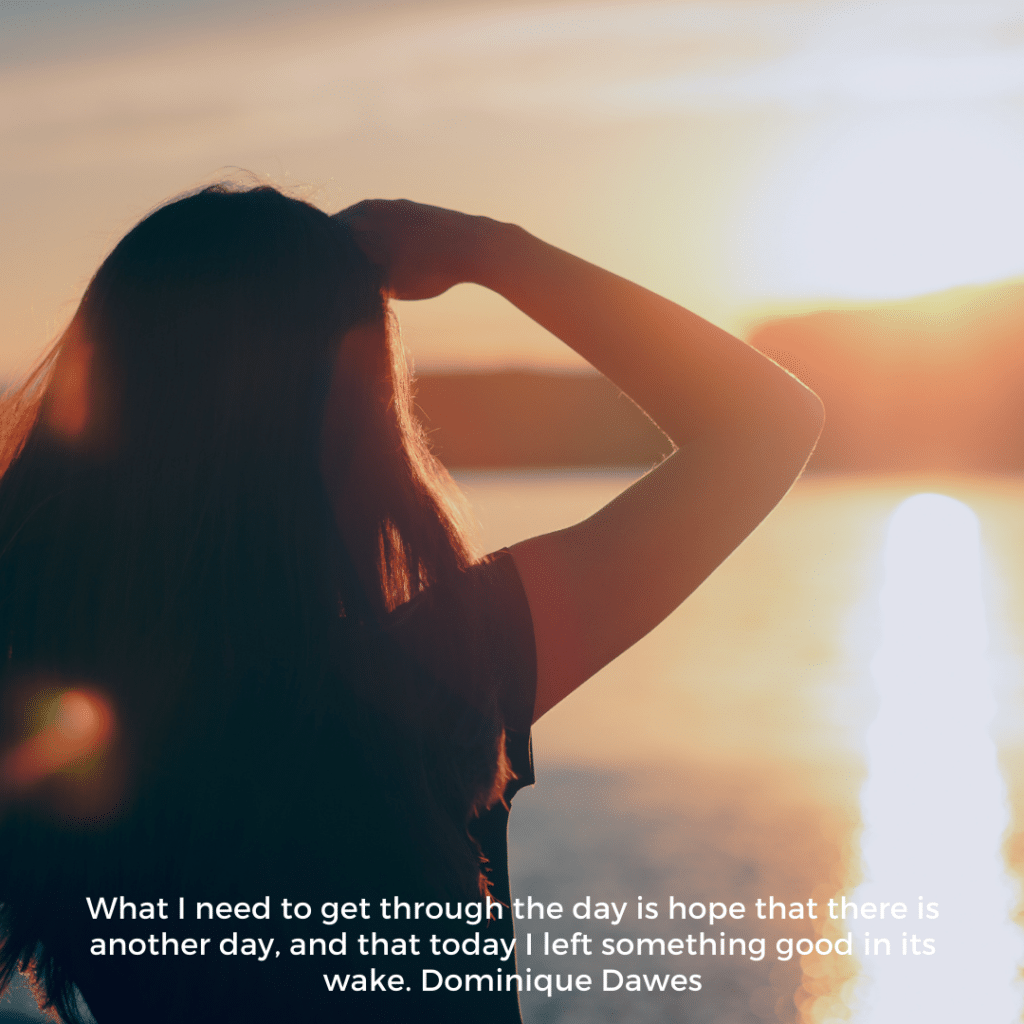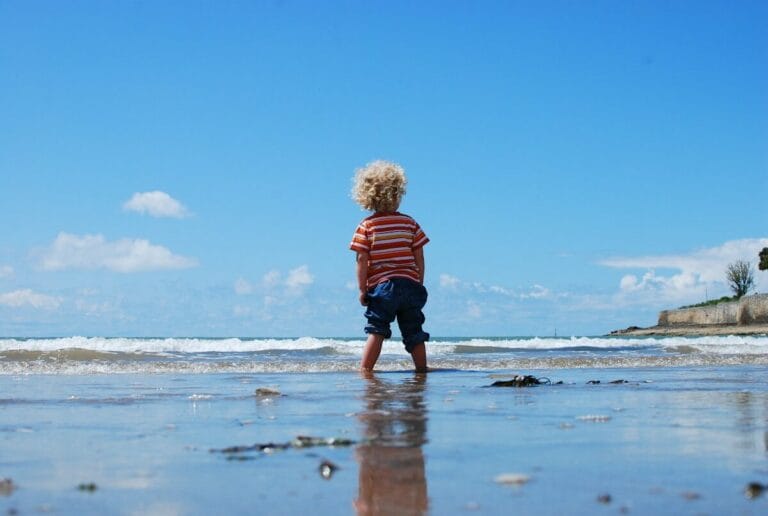The Aftermath- How to Adjust with Personal Loss, Acceptance and Emotional Resilience

“One of the big things that helps us adapt to loss is to make space for these emotions. This allows you to re-engage with your life and have a vision that’s meaningful in the absence of your loved one,”
Richard Wolfson

Handling personal loss while holding onto your work hat!
When my younger brother of 35 years old died suddenly in a tragic incident in August 2020, I wanted to stay in bed for a week but couldn’t. In one of the hardest times of my life, we have two parents both with serious health conditions and keeping them from losing their will was huge.
He was my first of two brothers, we’d been chatting only the day before in my parents house. He was still our ‘little’ brother of course as he had returned to college a couple of years ago and was a student once more. Though we’d seen each other only every few weeks over the covid months given movement restrictions in Dublin March – July, I always believed that our lives would be connected together forever. And now, at only 35, he’s gone.
Often we think about and are, in some ways, prepared for the loss of older relatives–our grandparents, parents, aunts and uncles. Yet here I was totally shocked and un-prepared to lose a sibling, I always thought our siblings are supposed to make it to the end with us. I thought my brother Michael would be there for all the big emotional moments in our life, like celebrating his 40th birthday or attending my son Morgan’s 3rd birthday.
I feel so odd even writing this as I think the death of a younger sibling as the eldest has some odd effect or immoral aspect to it. Why am I alive longer than he is? I felt when we lost my brother, his death took away one of my connections to the past. Michael knew me in a very special way, unlike those who know me now as an adult. Its like a constant is gone. I really felt over the months after his death quite insecure. I didn’t have frequent weekly communication with him and that makes me feel sad and guilty at the same time. He holds a special place in my life as my brother even though he didn’t have an impact on my day-to-day activities. I also found after losing Michael, especially with work and around friends , that his death made me feel older, and vulnerable to life, like our family is dwindling somehow.
People don’t always grieve in the same way – not everyone will cry or feel sad. Some people might feel shocked or numb, especially in the first days or weeks. We all appreciate grief is different for everyone, and people process it in different ways. For me, losing my brother, and then trying to snap back into ‘work mode’ and ‘positive mode’ really was challenging.
Everyone’s work situations are different, but it’s safe to say that most of us have to get back to an office or to a job at some point. No matter how long you are able to take, getting back into the regular routine when you’re in a serious state of mourning is hard. I’m an Event Organiser and marketing specialist, while also lecturing professionals and final years in higher education in Ireland. While I had a set number of days off, I needed to consider the need to work as there were no live physical events taking place, no conference, awards or sporting events which meant I was already on an income reduction for 2020. I had to work consistently in order to pay my share of the bills. I found it was a huge financial stress when I didn’t do much work for almost two weeks. Also by August, I felt so many wonderful souls had been taken from friends and colleagues around me, that death had somewhat become normal news to people. We were becoming numb to the news of losses as the impact of the pandemic took effect on us all.
Given I have clients in Industry as well as the College and University I work in, I rather talk to countless people on a daily basis—and I’m closer to some of them than others. It’s also quite an International work environment and self managing. It can feel even in normal circumstances ‘silo -like’ at the best of times. So, the first question that came to mind when I sat back down to re-engage with my work was: Who should I tell? Everyone? No one? Even more confusing was the fact that I both wanted and didn’t want to talk about it. The tragedy had been in the news, the papers, the national TV news. I was so conflicted.
I didn’t know how to keep the fact inside, but at the same time I thought that I wasn’t supposed to talk about my personal life in my professional world. The lines I find are quite blurred for me in my role; I communicate quite a lot on social media as many of my friends are there working away in different regions or countries. I love the volunteer work I do with the global board, and I had commitments to deliver there too, distractions that were welcomed at the time. Many people I work with are my friends on linkedIN, facebook or Wath’s up. Reeling from the death of my younger brother, I consumed myself with work, being a mum and had a number of upcoming virtual events to plan in Q4. In an act of trying to stay busy, while also trying my best to stay positive and enjoy the good moments with my husband and son, here were times when I allowed the grief to set in and I called on the universe and those I knew who asked about me to help me get through it.

Silence.
I was surprised with the existing ‘radio silence’ I felt still existed. Everyone experiences loss at some point in their lives, and yet I felt like I had to apologise for taking a conversation to a negative place. We know there are none of us that get through life unscathed by grief, which means the immediate aftermath, when simply leaving the house can feel unbearable, is also a universal experience. Yet the silence persists, or even just because it’s painful and hard. I spoke to a number of experts and many friends around me who unfortunately had suffered losses throughout the pandemic, many even within our the global board I sit on, about how to best face the world (and your work life ) when you’re grieving as I didn’t like the feeling of being uncertain about how to proceed. I also wanted to be able to grieve the death of my brother while being respectful of family members who are also dealing with his loss. I refrained from sharing all the details of upcoming projects, or positive news.
There were times when I didn’t feel like getting up in the morning to go to work, but I buried myself with projects as well as ongoing classes, and once up and active at work, I felt I could stay motivated and distracted. With a two year old son there was never a moment where I wasn’t distracted at home 🙂 However, in reading about grief, I read about a Professor Wolfson who says it’s important to make space for grief and doing this can actually feel freeing. “Grief never goes away. It is something we all learn how to adapt to. The intensity of grief changes over time,” Wolfson explains. “One of the big things that helps us adapt to loss is to make space for these emotions. This allows you to re-engage with your life and have a vision that’s meaningful in the absence of your loved one,” he says.
I got back a number of tips from my readings and asking questions to those who had been through the journey. Here are just a few…
Make your management and colleagues aware of your loss
When you return to work or even before, make sure your management and colleagues know about your loss. Depending on your relationship with your managers, this may seem challenging, or awkward, but it’s very important.Though you don’t need to alert every single person you work for or with, ‘there’s someone you report into and that person should know. You can be straightforward. You will want the people you work closely with to know that you might need some extra support on the job. These are difficult things to talk about but also important to talk about. They are also normal life events. Everyone will experience loss in their lives. And everyone will experience vulnerability while grieving,
Plan ahead and prep your reply
Prepare for some of the workplace situations that might arise with even the most well-intentioned colleagues. If you’re worried, for example, that as soon as you step into the office, you’ll start crying and won’t be able to stop, or that someone will ask intrusive questions you don’t want to answer,decide in advance how you want to respond.
Identify your lifeline
Find one person, ideally at work—though it could be an outside friend—with whom you feel known, accepted, and understood, and let that person know you might need to call on them throughout the day.
Self-Care & co
( As I write this I know I’m not following it as perfectly myself as I could).
I do believe now, possibly I couldn’t understand it as much before, that a person shouldn’t feel like you have to keep it together for every hour every day. Try to take at least a short break during the day, time to breath, get out of the office, take a breath. Creating time to take care of yourself can do wonders for dealing with loss. People can practice self-care in a variety of ways, like journaling, joining a bereavement support group, or participating in online networks or groups that deal with loss. The bottom line is that you should never feel alone in your grief and staying connected to others can help you process your emotions.
The Guilt trip
In my family life, especially when it came to being at home with my husband and son, there were times I felt absent or distracted and then afterward a wave of guilt for not being completely present and taking joy in every minute of my son’s progress. Sometimes I would find myself fighting back the tears and singing a song with him so he wouldn’t see mammy upset. From reading, I know It’s common to feel guilty about grief, especially if you don’t want to be overbearing on your partner or family members. While myself and my husband Martin were present to see my son Morgan make his milestones. I was worried that I wasn’t showing them both how happy I was or that I was overwhelming Martin with my roller coaster of emotions. What helped me get through this tough period was having conversations with Martin about the waves of sadness I felt, while also reveling in the moments of joy and laughter we share about Morgan etc. These conversations are still happening even now 🙂 We tend to rely heavily on our partners for emotional support when we’re grieving, and this is completely fine. This is what they signed up for, after all, but it’s important for them to get the support they need, too.
Professor Wolfson mentions “Engaging with positive experiences and emotions is central to the process of adapting to loss. However, it can certainly be challenging if you feel you are in a different place than those around you,” Wolfson says. By communicating your feelings with your partner, family and friends, they can understand that people grieve at different paces and in different ways. “Through communication and openness, you can feel more understood by your support system in your grief and be empathetic towards the feelings of those around you,” he adds.
Prepare for the big milestones you will miss
Birthdays, and holidays are often difficult—but can be predicted. It will help if you anticipate that these may be difficult times, as they are times when you are likely to be reminded of the person you have lost. If you know you might feel extra sensitive on one of these occasions, don’t be afraid to take a day out. My brother Michel would have been 36 on 22nd february and we went to my parents, had his cake and took time to be around each other, and to honour his memory.
I’m now eight months out. For the most part, work is no longer the problem (it keeps me busy) and I’m trying to stop apologising when I do talk about my grief, even in work and professional settings. I still find myself tearing up at unexpected times or feeling pure disbelief, but I’m getting more comfortable with knowing that might happen and to allow myself to let it happen and go with it. It helps that I am surrounded by good support, and within women’s networks or leadership groups, the board and NGO work I do, mentoring etc. I have to say it’s unique and really lovely. Something I know I will pine for after my term ends this June. That’s why, as well as many other supports that are available, I find professional networks a wonderful place to be , to take time for myself and share discussions on topics that are important to me , to society and to business in general. It really helps feed my soul working with all the wonderful volunteers and creating some great projects together. I take comfort in hoping my brother Michael is keeping an eye on us too…




